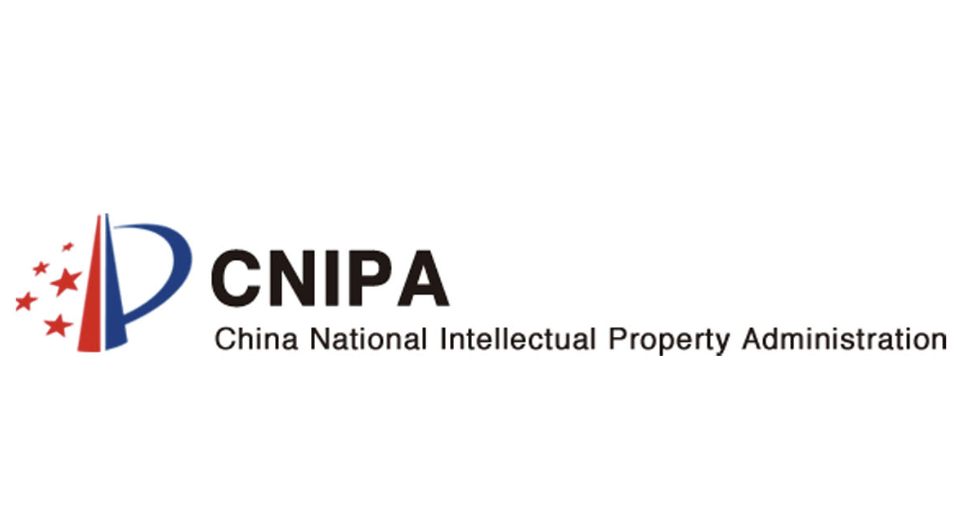Contents
Introduction:
In today’s globalized business environment, securing Intellectual Property (IP) rights is critical for companies expanding into international markets. For foreign enterprises entering China, registering trademarks, copyrights, and patents is a vital step in protecting their brands, technologies, and creative assets.
However, before applying for Intellectual Property (IP) protection in China, foreign businesses must submit official proof of their legal existence—typically in the form of Business Registration Documents. These documents, also known as Company Registration Certificates, vary across different countries and must be properly translated, notarized, and legalized before submission to the China National Intellectual Property Administration (CNIPA).
This guide explores the Business Registration Documents from 10 Countries and their role in IP registration in China. Understanding these documents ensures compliance and facilitates securing Intellectual Property (IP) rights in the Chinese market.
How Foreign Companies Can Use Business Registration Documents for IP Registration in China
Foreign businesses applying for Trademarks, Copyright, or Patent in China must submit the following documents:
- Business Registration Document – Proof of business existence issued by the company’s home country.
- Notarized & Legalized Translation – The Business Registration Document must be translated into Chinese and certified by a notary.
- Power of Attorney (POA) – If using an agent for registration, a POA document is required.
- Additional Supporting Documents – Depending on the type of IP application, additional company documents may be necessary.
Each country issues different types of Business Registration Documents, which we will explore in the next section.
Business Registration Documents from 10 Countries for IP Registration in China
1. United States (USA)
- Certificate Name: Certificate of Incorporation / Certificate of Formation
- Issuing Authority: Secretary of State (varies by state)
- Company Types:
- C Corporation (C-Corp) – Suitable for large enterprises, subject to corporate tax.
- S Corporation (S-Corp) – Pass-through taxation for small businesses.
- LLC (Limited Liability Company) – Offers flexibility in taxation and limited liability.
- Additional Notes: U.S. businesses must provide an authenticated and legalized copy of their Certificate of Incorporation or Business Registration Document to be accepted for IP registration in China.
2. Germany
- Certificate Name: Handelsregisterauszug (Commercial Register Extract)
- Issuing Authority: Handelsregister (Commercial Register)
- Company Types:
- GmbH (Gesellschaft mit beschränkter Haftung) – A private limited liability company, widely used in Germany.
- AG (Aktiengesellschaft) – A public limited company for larger enterprises.
- UG (Unternehmergesellschaft) – A startup-friendly alternative to GmbH, with lower capital requirements.
- Additional Notes: Germany requires all business registration documents to be certified by a notary and legalized before being accepted for IP applications in China.
3. France
- Certificate Name: Extrait Kbis
- Issuing Authority: Registre du Commerce et des Sociétés (RCS)
- Company Types:
- SARL (Société à responsabilité limitée) – Similar to an LLC, commonly used for small and medium-sized enterprises.
- SAS (Société par actions simplifiée) – A flexible joint-stock company.
- SA (Société Anonyme) – A public limited company for large corporations.
- Additional Notes: All French companies must ensure that their Extrait Kbis is translated into Chinese and legally authenticated.
4. United Kingdom (UK)
- Certificate Name: Certificate of Incorporation
- Issuing Authority: Companies House
- Company Types:
- Ltd (Private Limited Company) – The most common form of business.
- PLC (Public Limited Company) – Suitable for large businesses that want to trade shares publicly.
- LLP (Limited Liability Partnership) – Popular among professional firms like law and accounting firms.
- Additional Notes: UK business registration documents need to be apostilled before being submitted for IP applications in China.
5. Canada
- Certificate Name: Certificate of Incorporation
- Issuing Authority: Corporations Canada (Federal) or Provincial Registries
- Additional Notes: Canada allows both federal and provincial incorporation, so foreign businesses must clarify their corporate structure when applying for IP in China.
6. Australia
- Certificate Name: Certificate of Registration
- Issuing Authority: Australian Securities and Investments Commission (ASIC)
- Additional Notes: Australian businesses must submit a notarized and authenticated version of their Certificate of Registration to Chinese authorities.
7. Sweden
- Certificate Name: Registration Certificate (Registreringsbevis)
- Issuing Authority: Swedish Companies Registration Office (Bolagsverket)
- Additional Notes: Sweden requires companies to provide a notarized and translated Registration Certificate for IP registration in China.
8. New Zealand
- Certificate Name: Certificate of Incorporation
- Issuing Authority: New Zealand Companies Office
- Additional Notes: Businesses registered in New Zealand must provide a legalized and notarized Certificate of Incorporation before applying for IP protection in China.
9. Hong Kong (China)
- Certificate Name:
- Certificate of Incorporation
- Business Registration Certificate
- Issuing Authority: Companies Registry & Inland Revenue Department
- Additional Notes: Business documents from Hong Kong must go through a certification process to be valid in Mainland China.
10. Singapore
- Certificate Name: Certificate of Incorporation
- Issuing Authority: Accounting and Corporate Regulatory Authority (ACRA)
- Additional Notes: Singaporean companies applying for IP in China must ensure their business registration documents are notarized and legalized.
Conclusion:
For foreign companies applying for Intellectual Property (IP) protection in China, submitting a properly translated, notarized, and legalized Business Registration Document is crucial. Without this document, businesses cannot register their Intellectual Property (IP) in China. To streamline the process and ensure efficient protection of your brand, you may consider working with GWBMA, an official Chinese agency specializing in IP registration and brand security.



